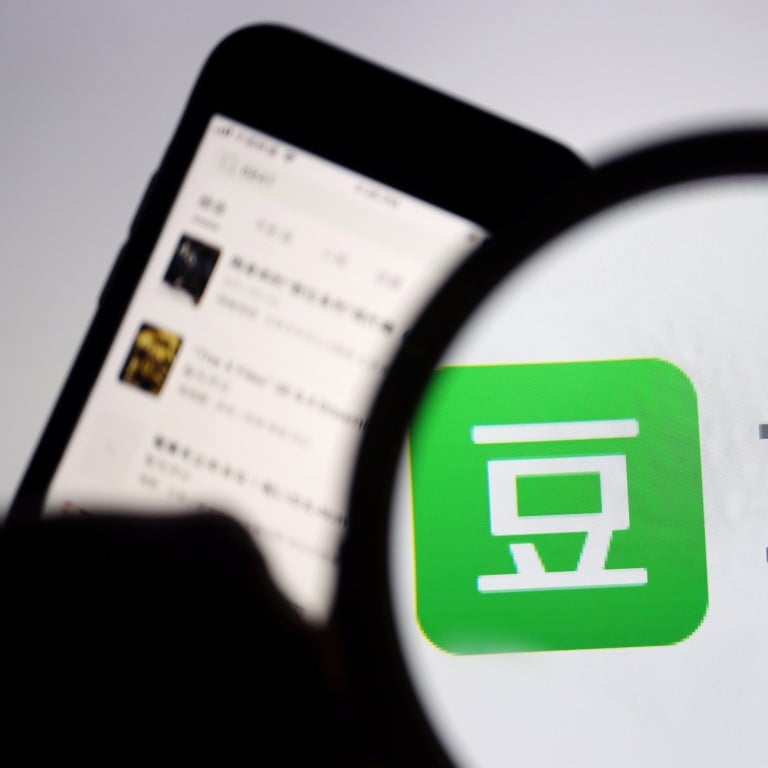
Liberal Chinese social media site Douban tightens verification of overseas users as censorship intensifies
- Douban now requires overseas users to provide a mainland mobile phone number or an official identity document
- The site has long been a lively online community for young and educated Chinese users engaged in literary and film discussions
Douban, a Chinese social media platform once known as a haven for relatively liberal discussions, now requires overseas users to provide a mainland mobile phone number or an official identity document to continue using the site, as it comes under growing pressure from Beijing to strengthen content control.
The company announced the new requirement on Wednesday, replacing its previous policy of allowing people located outside mainland China to open an account with a foreign mobile phone number. Having a mainland phone number on file is equivalent to real-name registration, as everyone is required to present identity documents when registering for a mainland mobile number.
In another new policy, Douban users who want to create a discussion group now have to verify their identity through facial recognition. The company said it does not store biometric information, but it did not elaborate on how the technology works.
The move marks the latest case in China’s strengthened push to implement real-name identification requirements across all online services. The government has also been erecting walls to control the information flow between China and the rest of the world.
Under the unprecedented and strict new requirements, it will be nearly impossible for residents outside mainland China to join, let alone initiate discussions on Douban. Also on Wednesday, the reply function was suspended for one of the platform’s largest discussion groups, which hosts nearly a million users who discuss their everyday life, as some posts were said to have violated community rules.
Nailing Jell-O to the wall: new rules reveal China’s vision for internet control
“Radical content related to politics and ideology is not allowed on Douban,” the company said in the notice. “Douban will strictly comply with related laws and rules to regulate online information.”
The relatively liberal nature of some discussions on Douban often made it a target for Chinese censors in the past. On the World Book and Copyright Day on April 23, defiant users pushed the classic George Orwell dystopian novel 1984 to the top of Douban’s book discussion list, resulting in the suspension of the comment section.


